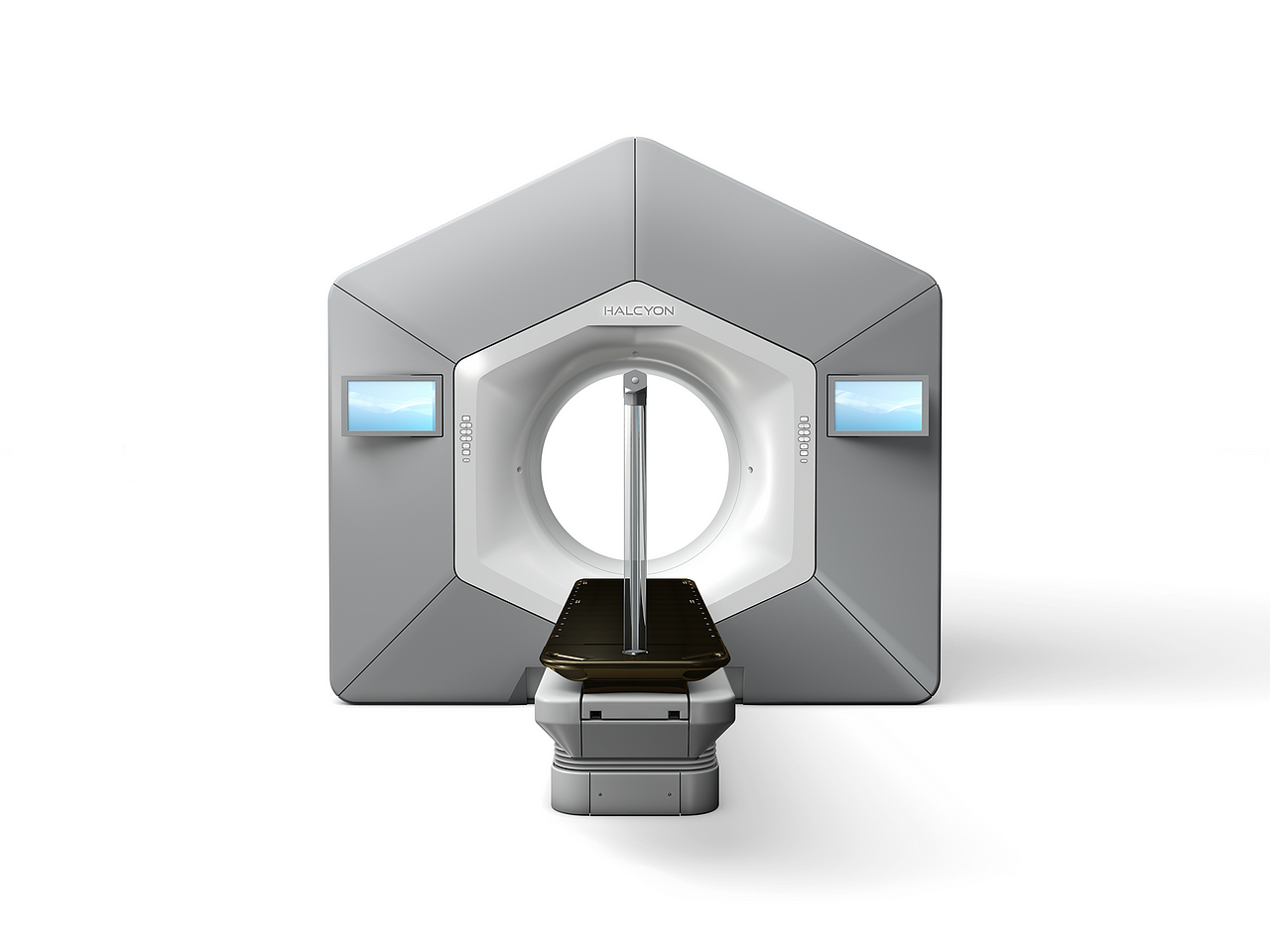Skin Cancer
Skin cancer is by far the most common type of cancer. If you have skin cancer, it is important to know which type you have because it affects your treatment options and your outlook (prognosis).
Cancer Care of North Florida will take careful steps stage and grade the tumor to assess the best way to create and manage your treatment plan. Our goal is to achieve the very best outcome while preserving your quality of life.
What are the different types of Skin Cancer?
Types of skin cancer include:
- Basal cell
- Squamous cell
- Melanoma
- Merkel cell
- Lymphoma of the skin
- Kaposi sarcoma
The type of skin cancer and the level of invasiveness is determined by diagnostic testing and imaging.
What are the risk factors for Skin Cancer?
It may be possible to avoid some risk factors for skin cancer, but some are out of your control. The best plan is to catch it early. Lifestyle and hereditary factors include:
- Ultraviolet (UV) light exposure (major risk factor)
- Having light colored skin/freckling/light hair
- Smoking
- Psoriasis treatment
- Long term or severe skin inflammation or injury
- Moles
- Xeroderma pigmentosum (XP)
- Previous radiation exposure
- Weakened immune system
- Human papillomavirus infection (HPV)
- Merkel cell polyomavirus infection (MCV)
- Kaposi sarcoma-associated herpesvirus (KSHV)
- Epstein-Barr virus
- Personal history of skin cancer
- Basal cell nevus syndrome (Gorlin syndrome)
- Genetic syndromes
- Workplace exposures
- Family history of skin cancer
- Gender/Age/Race/Where you live




